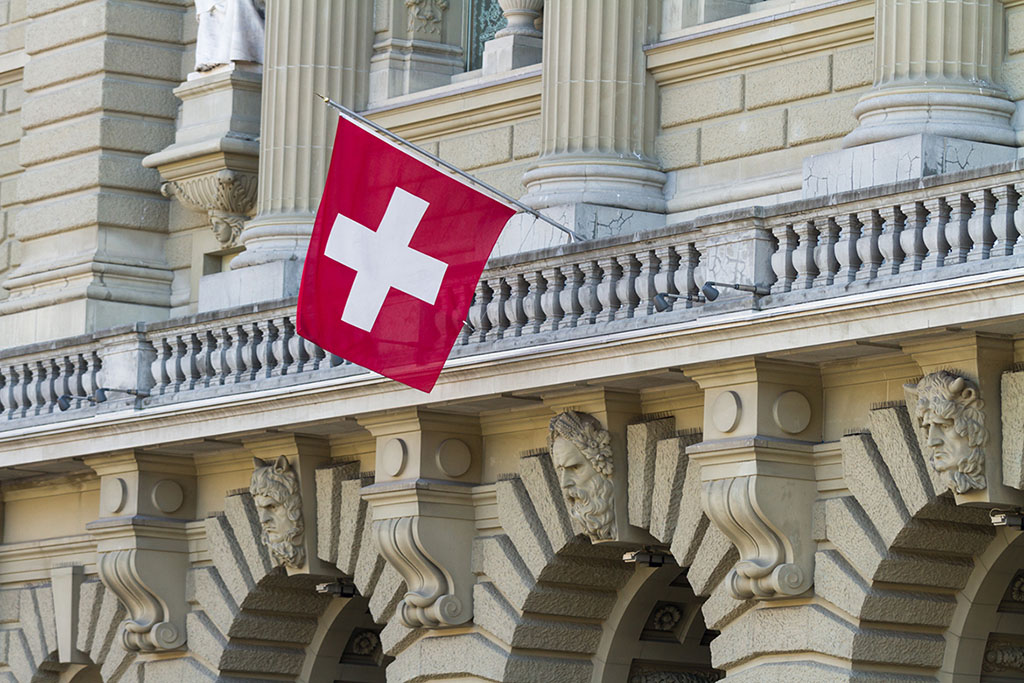The Indian Supreme Court (SC) has ordered the government to clarify whether it intends to create a specialized federal body to investigate cryptocurrency-related criminal activity cases. The concerned court pointed out the lack of legislation for digital currencies and a qualified agency to manage such issues.
Supreme Court asks Union government to clarify crypto regulation
The Supreme Court stated that it is “unfortunate” that the government has not yet issued any precise regulations on cryptocurrencies. The court commented in response to increased criminal activity using cryptocurrency and ordered the Union government to declare if it intends to create a special federal agency to investigate such crypto-related criminal cases.
Justices Surya Kant and Dipankar Datta questioned the effectiveness of the investigations carried out by routine law enforcement officials in sophisticated cryptocurrency cases. They stressed the necessity for a special national organization to protect the rights of innocent investors who are the targets of crypto scams.
The Supreme Court also instructed the Center to implement a legal framework to handle issues involving cryptocurrencies appropriately. It was noted that without a suitable process, it becomes difficult to look into and convict those stealing the nation’s money through such illegal actions.
The court made this statement while hearing petitions filed concerning incidents of bitcoin fraud in several Indian states. Ganesh Shivkumar Sagar, a resident of Delhi who is charged in many bitcoin fraud cases throughout the nation in places including Maharashtra, Gujarat, and Jharkhand, submitted petitions that were the subject of the hearing. Sagar requested bail and that a central agency be assigned to investigate each of his cases. The court then requested the administration to respond in writing regarding their capacity to establish a system to look into such matters.
India is yet to develop crypto regulations
In India, the battle for clear government-issued crypto rules has been prolonged. Following the Supreme Court’s directives, the government began drafting a crypto law as early as 2018. Despite reiterating throughout the previous four years that the final text of the crypto law will be introduced, the government has yet to do so.
Over the years, the Indian crypto ecosystem has flourished despite ambiguous legislation and repeated requests for a total ban from the Indian central bank. Over the past several years, India has given rise to several crypto unicorns, including WazirX, CoinDCX, and CoinSwitch.
While there is growth due to a lack of legislative certainty, some established companies chose to leave India, significantly influencing the booming crypto sector. More overseas investors are anxiously awaiting improved regulatory certainty before making additional investments.
Meanwhile, a 20% tax on cryptocurrency earnings over 2.5 million Korean won in South Korea was suggested earlier. The region is renowned for its rigorous regulatory rules. But legislators delayed the hefty tax idea by a year since no clear laws govern the crypto market. As one of Asia’s most rapidly expanding crypto centers, Singapore does not impose a capital gains tax on cryptocurrency sales. However, in March 2022, it introduced a nonfungible token (NFT) tax. Notably, the nation has some of the most advanced cryptocurrency legislation.
On the other hand, cryptocurrencies are only taxed in Portugal if they are traded professionally. The nation encourages traders and investors with tax-free crypto-earning laws, even if it adheres to European Union recommendations on digital asset legislation.





